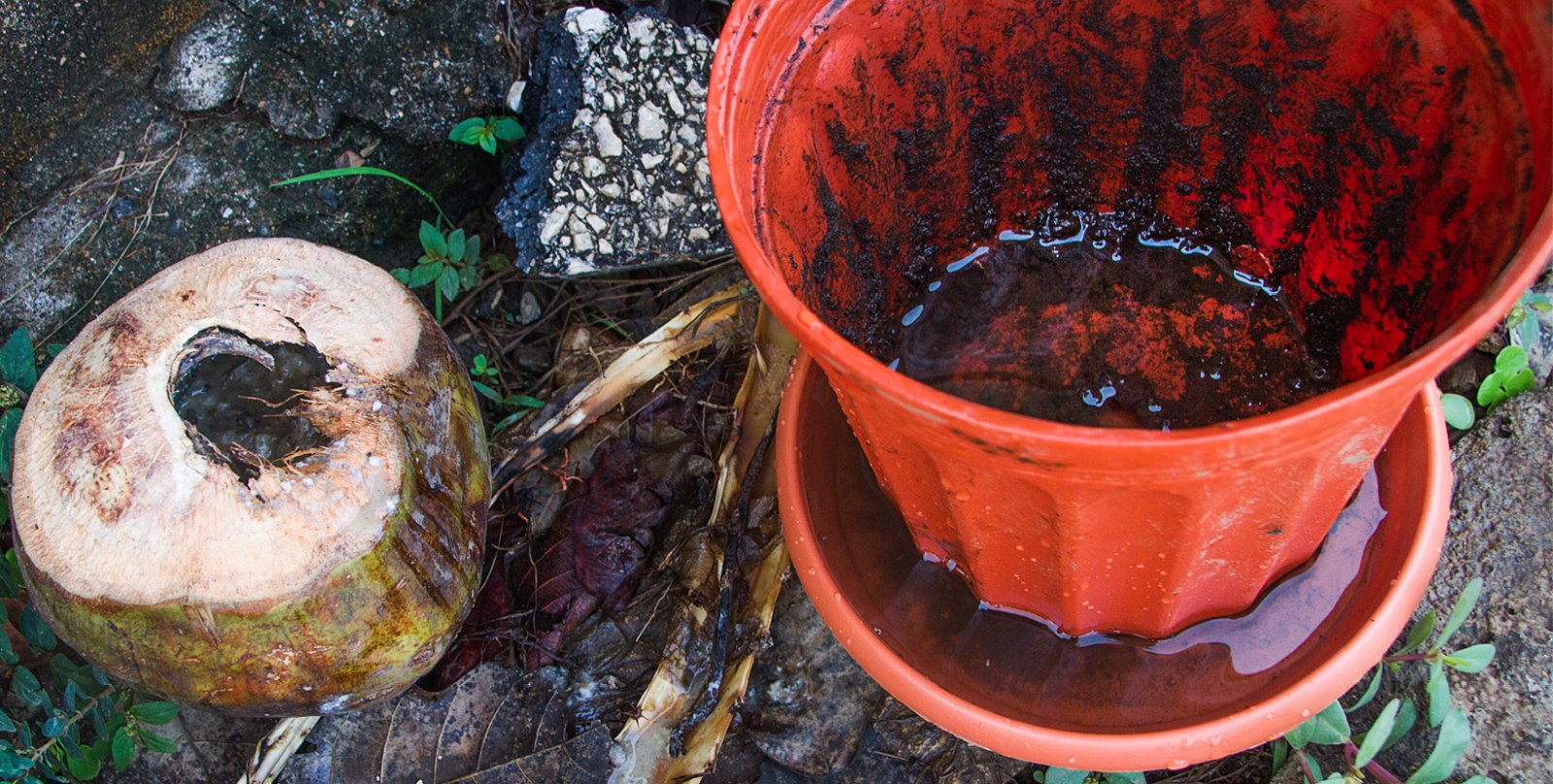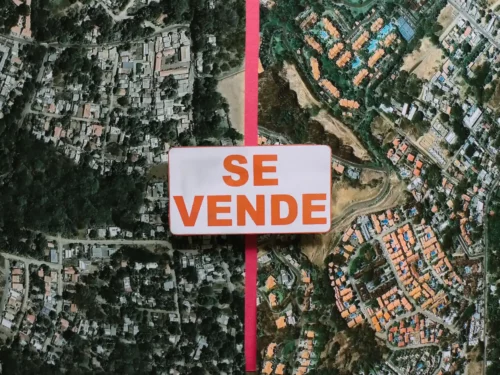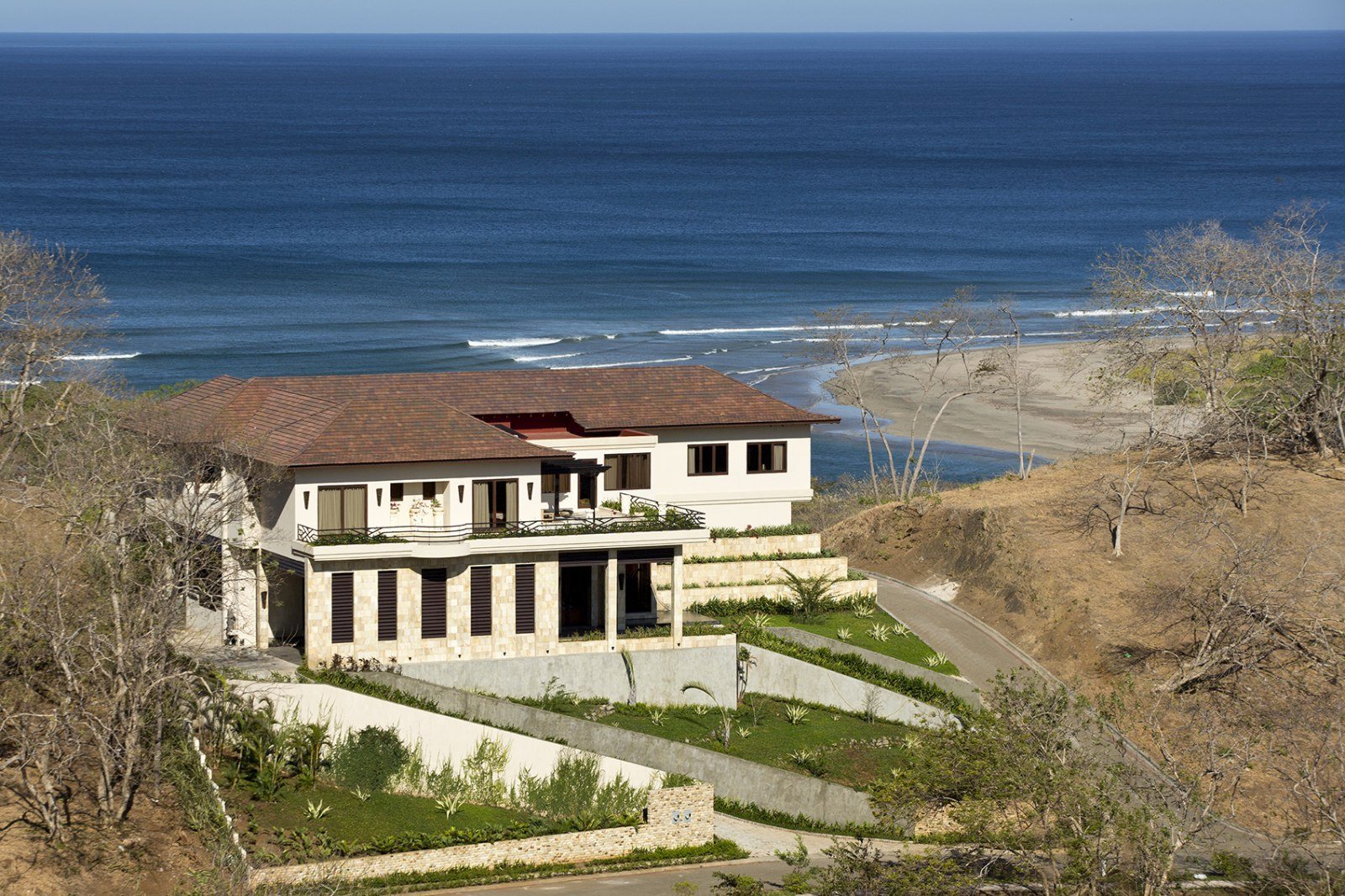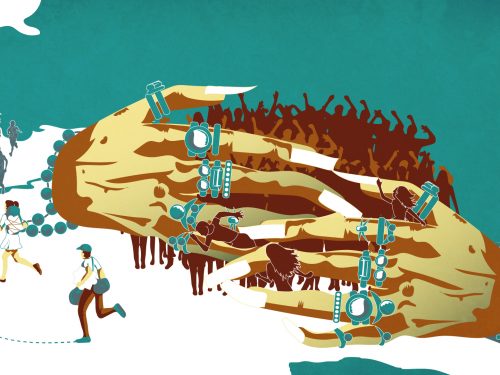
Health officials are alarmed by the proliferation of 15,675 breeding places for the mosquito Aedes Aegypti, the vector for the dengue virus, in the district of Nosara.
The discovery was made during a tour of the area that was implemented between May and July of this year by vector personnel of the Ministry of Health in Nosara, according to Doctor Sonia Campos Marin, the director of the epidemiological surveillance department in Nicoya.
Campos Marin explained that, although there have not been reports of Nosarans being affected by dengue, the unrealized danger continues due to the fact that focal points of contamination can possibly become places for mosquitos to live and reproduce.
In addition, the official said that Aedes Aegypti is not only a vector for the dengue virus, but that it also transmits chikungunya fever, a sickness similar to dengue that causes symptoms including acute fever and joint pain among the afflicted.
“The main difference between dengue and chikungunya is that dengue can be fatal, which is not the case for chikungunya, but its affects are more prolonged than dengue,” said Campos. She also compared the pain of patients with chikungunya to acute arthritis and said that in some cases the pain can last for weeks, months or even years.
For her part, Doctor Marisela Villegas Angulo, in charge of health advocacy in Nicoya, indicated that her department will continue educational and preventive campaigns to eliminate potential breeding sites for the mosquitos.
In addition, Villegas indicated that they are investigating a recent study done in Asia regarding a potential vaccine that has shown an 88% rate of effectiveness against hemorrhagic dengue.
According to Ministry of Health data, in the year to date the number of dengue cases has declined 74% compared to the same period last year.
In 2013, a historic number of 16,075 people were infected by the mosquito, while only 4,000 people have been affected by dengue to date in 2014.







Comments